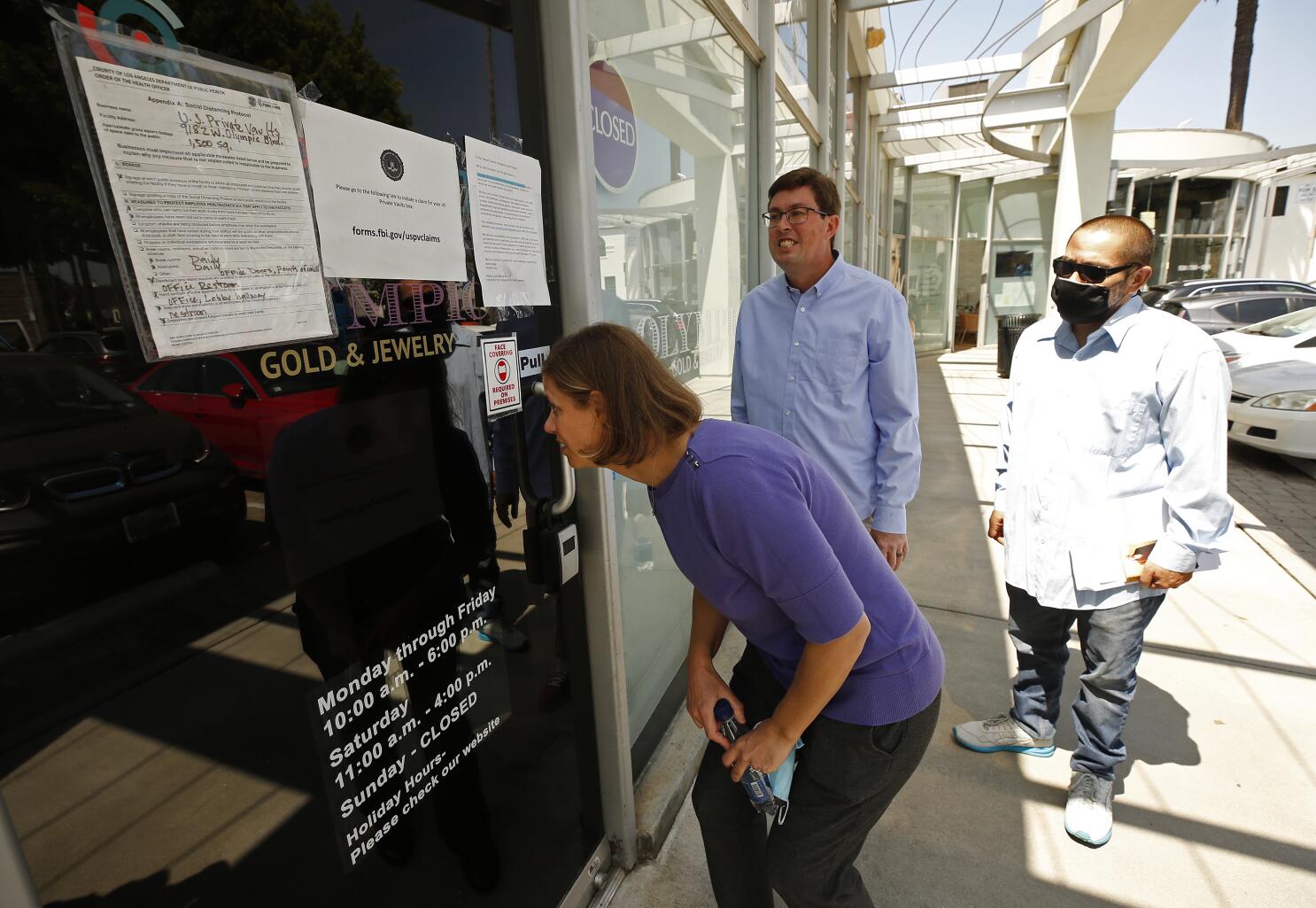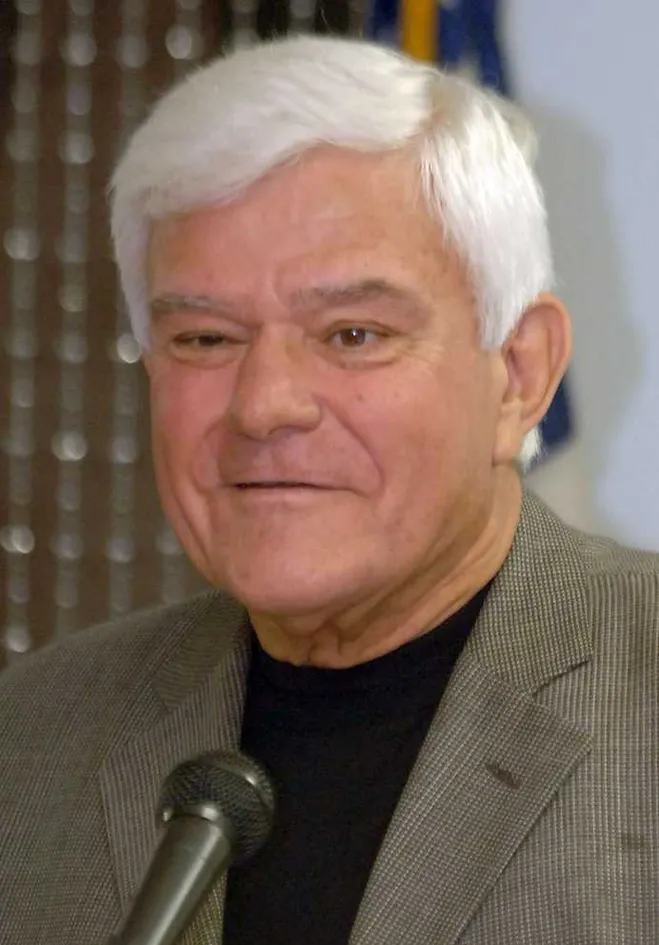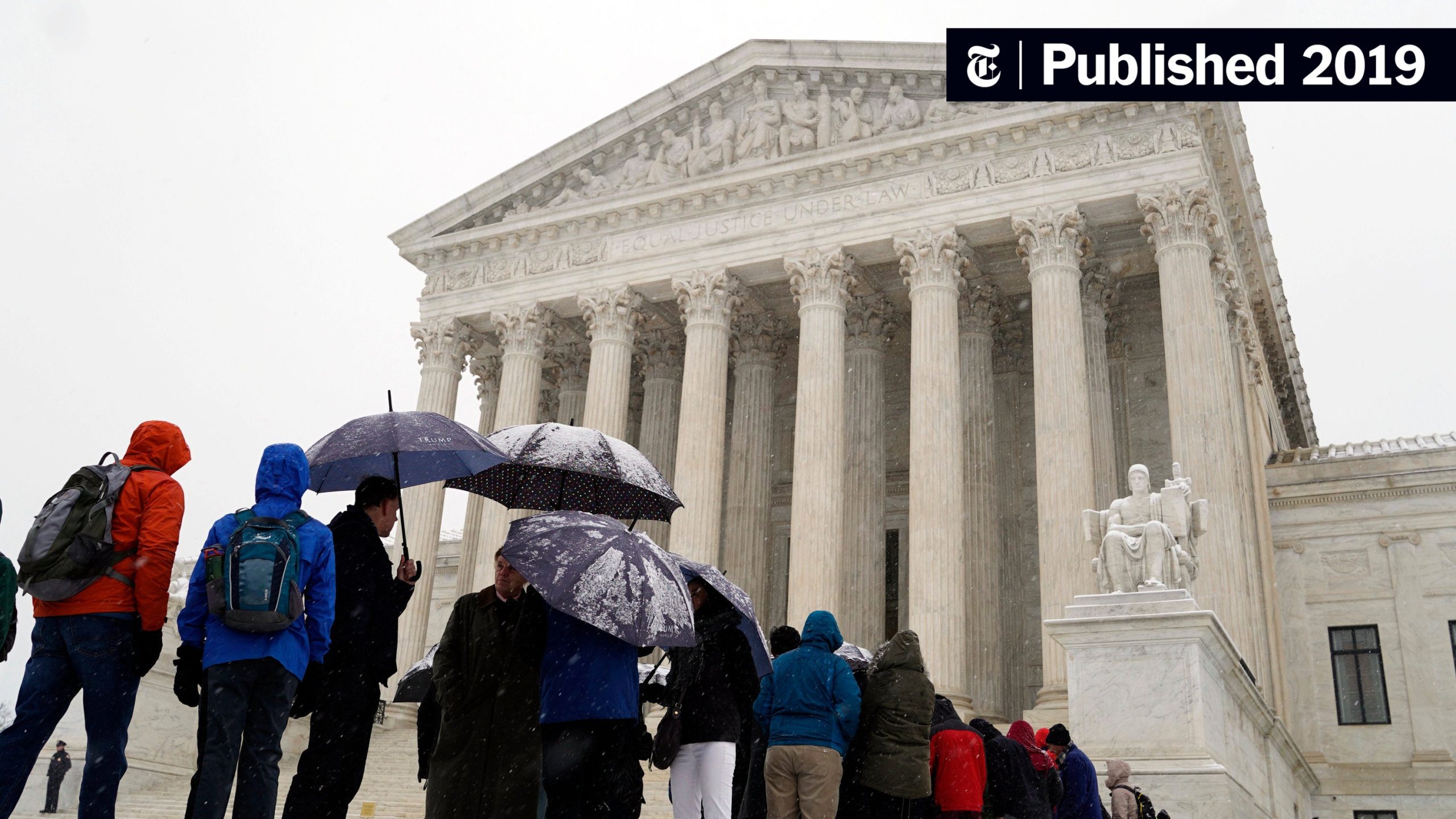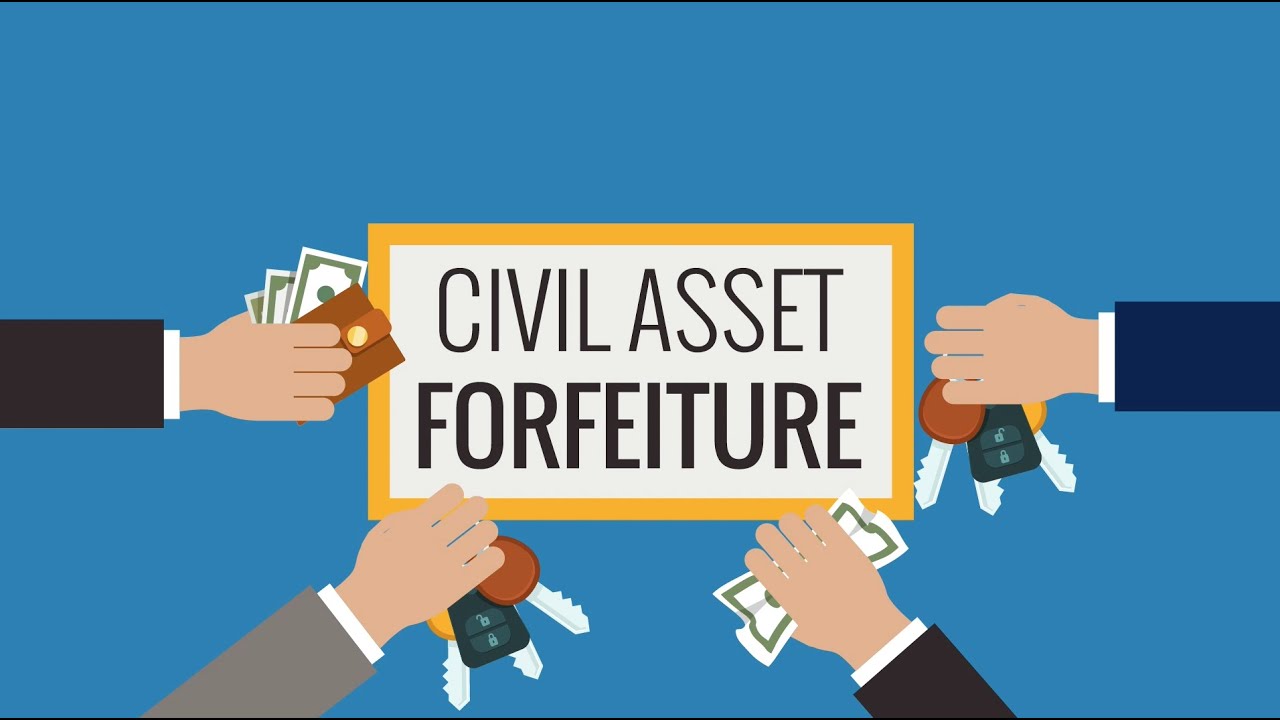Texas Case May Spur Drug Money Rule Change
Texas Case May Spur Drug Money Rule Change
MAY 12, 20094:00 PM ET
HEARD ON ALL THINGS CONSIDERED
By John Burnett
The NPR series Dirty Money revealed how some police agencies abuse a law that allows them to confiscate suspected drug money. The problems continue, but in Texas that might be about to change. A police scandal has added urgency to reform efforts in the statehouse.
MICHELE NORRIS, host:
Now to Texas where we have an update on some stories we brought you about a year ago.
Our series Dirty Money revealed how some police agencies abuse a law that allows them to confiscate suspected drug money. The problems continue. But in Texas, that might be about to change.
NPR’s John Burnett reports on a police scandal, a scandal that has inspired a reform effort in the state house.
JOHN BURNETT: In the little town of Tenaha, near the Texas-Louisiana border, there are accusations that authorities used a law that’s intended to hurt criminals, instead to fleece drivers and fatten their own budgets.
Tim Garrigan is a lawyer in the case.
Mr. TIM GARRIGAN (Lawyer): They are profiling people to stop on the highway, taking anything valuable they can get, and threatening them with prosecution if they won’t surrender their money and their valuables.
BURNETT: According to a federal civil rights lawsuit, Shelby County law enforcement had been illegally stopping black motorists, seizing their cash and other valuables without probable cause and threatening to file money laundering charges against them. Attorneys say their plaintiffs signed a waiver on the spot to give up all claim to the cash or valuables, such as cell phones and computers, then were allowed to drive away without charges filed.
In her answer to the complaint, District Attorney Linda K. Russell denies all allegations. She did not return calls to NPR for comment.
Asset forfeiture laws were created as a way to deny criminals their ill-gotten gains. Police can seize cash or property if they suspect it’s linked to a crime. Then the authorities get to keep a portion of it to help fight crime. If the allegations are true, Tenaha is an extreme example of what’s wrong with asset forfeiture law in Texas, which lots of people agree is broken and needs fixing.
State Senator JOHN WHITMIRE (Democrat, Texas): I thought they were robbing people. I don’t know how else you can describe it.
BURNETT: State Senator John Whitmire is leading the reform effort in the Texas legislature.
State Senator WHITMIRE: You know, when you pull someone over and search their automobile, district attorney finds cash and they take it, and allow them to sign a waiver if they leave the state and not come back. I mean, that’s just highway robbery, as far as I’m concerned. No charge has ever been filed.
BURNETT: The Tenaha case has added impetus to Whitmire’s bill that seeks to ban roadside waivers and rein in the free wheeling spending of forfeiture funds on things like margarita machines, political fundraisers and parades.
There’s a lot of cash moving on U.S. highways. The DEA estimates $12 billion a year in drug profits is smuggled from the U.S. into Mexico. In the last three years, the Department of Justice distributed more than $1 billion in seized currency to state law enforcement.
Unlike the Tenaha example, U.S. officials say most of it is real drug money that was hidden in secret compartments. But what happens if police agencies become more interested in grabbing the cash than prosecuting the drug courier? John Whorl(ph) is a criminologist at the University of Texas at Dallas.
Mr. JOHN WHORL (Criminologist, University of Texas at Dallas): The biggest criticism of asset forfeiture is that the profit angle becomes more important than crime control and crime prevention.
BURNETT: Cops, however, love the program. Mike Chapman was known as a bloodhound when he was, until recently, sheriff of Kimble County in West Texas. His department stopped vehicles on Interstate 10 and confiscated $8.5 million in smuggled drug money.
Mr. MIKE CHAPMAN (Former Sheriff, Kimble County, Texas): It made me able, as the local county sheriff, to better train my officers so they serve my citizens better. We were able to buy the nicest of patrol units. We’re benefitting by getting more law enforcement at the expense of criminal activity.
BURNETT: Other uses of the money he seized have been criticized. Former District Attorney Ron Sutton spent $27,000 in forfeiture funds to take his whole office, plus the district judge, to Hawaii for a judicial conference. Sutton says it was a legitimate criminal justice conference, and he never spent forfeiture funds that were not approved.
Mr. RON SUTTON (Former District Attorney, Kimble County): I did absolutely nothing wrong. And every time we had a conference anywhere that was of benefit to me, the judge approved the check.
BURNETT: The same judge who went to Hawaii with him. Therein lies the problem, says State Senator John Whitmire. Spending of forfeiture funds is out of control. In Tenaha, for example, public records show that the DA used forfeiture money, among other things, to pay for a Christmas parade and tickets to a motorcycle rally.
State Senator WHITMIRE: The problem is there’s been no accountability, no transparency, no auditing. They just file kind of a general report. It’s been a very loose operation.
BURNETT: Lately, Mexico has implored the Obama administration to do more to seize guns and drug profits heading south to Mexico. What Mexico City might not realize is that U.S. law enforcement is already combing the highways for dirty money.
John Burnett, NPR News, Austin.





![Figure-3-Average-Equitable-Sharing[1]](https://rucci.law/wp-content/uploads/2023/12/Figure-3-Average-Equitable-Sharing1.jpg)

![1ef41525-49f5-410b-be4d-5681ab0b01c9-AP_Supreme_Court_Excessive_Fines[1]](https://rucci.law/wp-content/uploads/2023/12/1ef41525-49f5-410b-be4d-5681ab0b01c9-AP_Supreme_Court_Excessive_Fines1.jpg)
![105175361-GettyImages-170854342[1]](https://rucci.law/wp-content/uploads/2023/12/105175361-GettyImages-1708543421.jpg)
![tyson-timbs-IJ2_0031-800×450[1]](https://rucci.law/wp-content/uploads/2023/12/tyson-timbs-IJ2_0031-800x4501-1.jpg)

